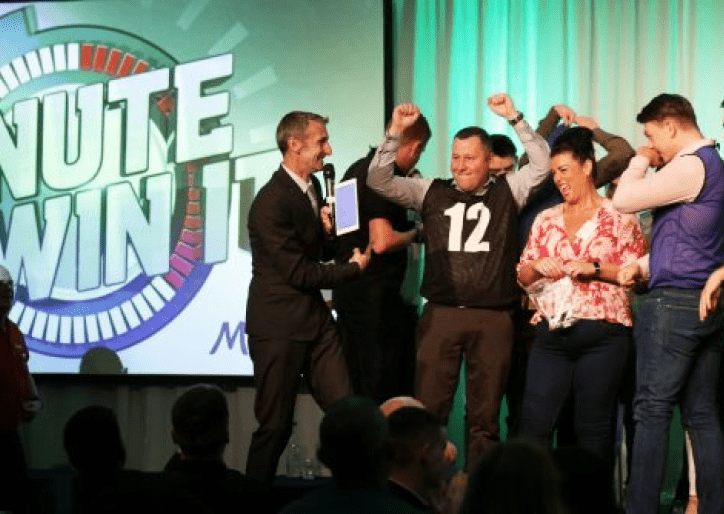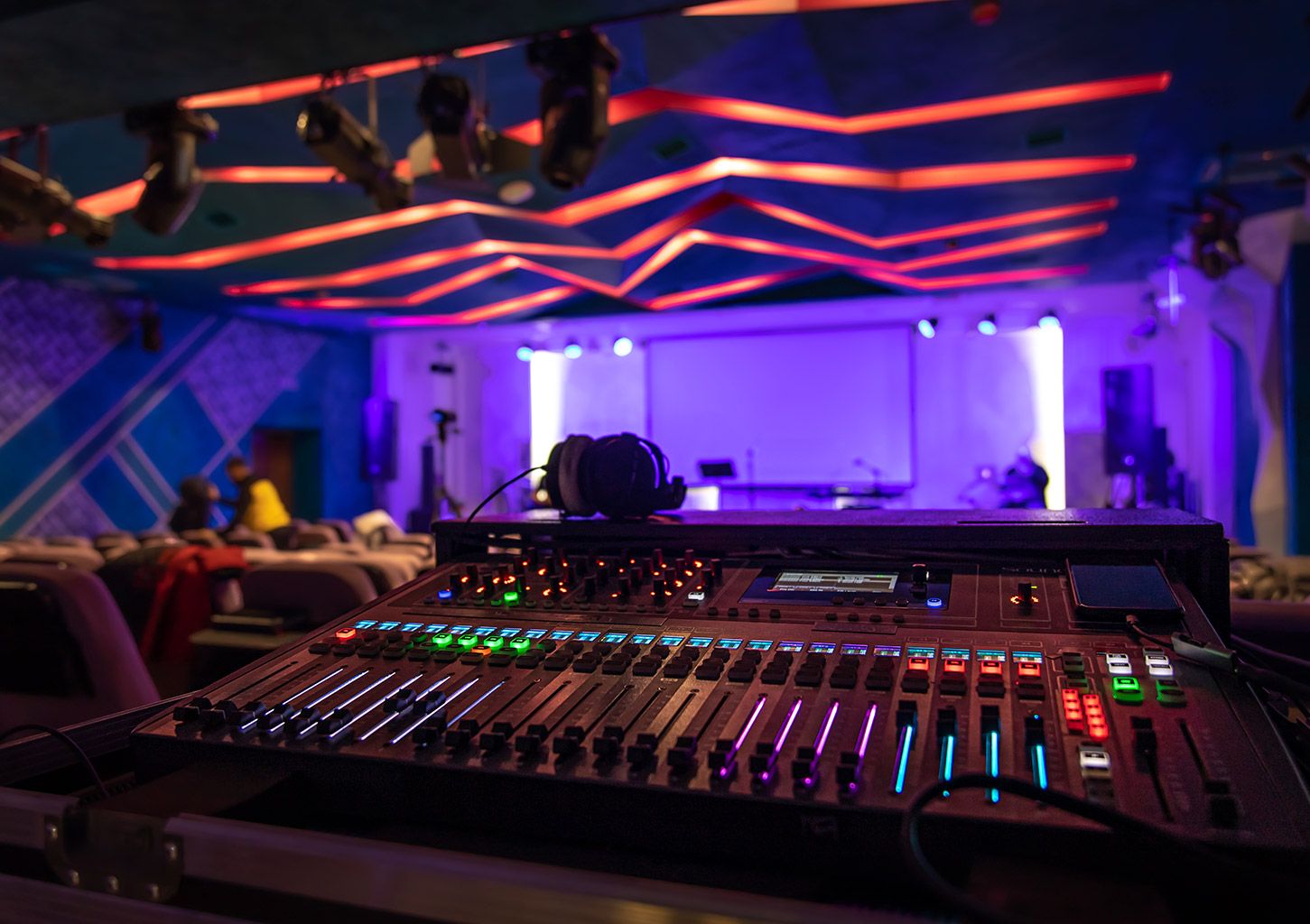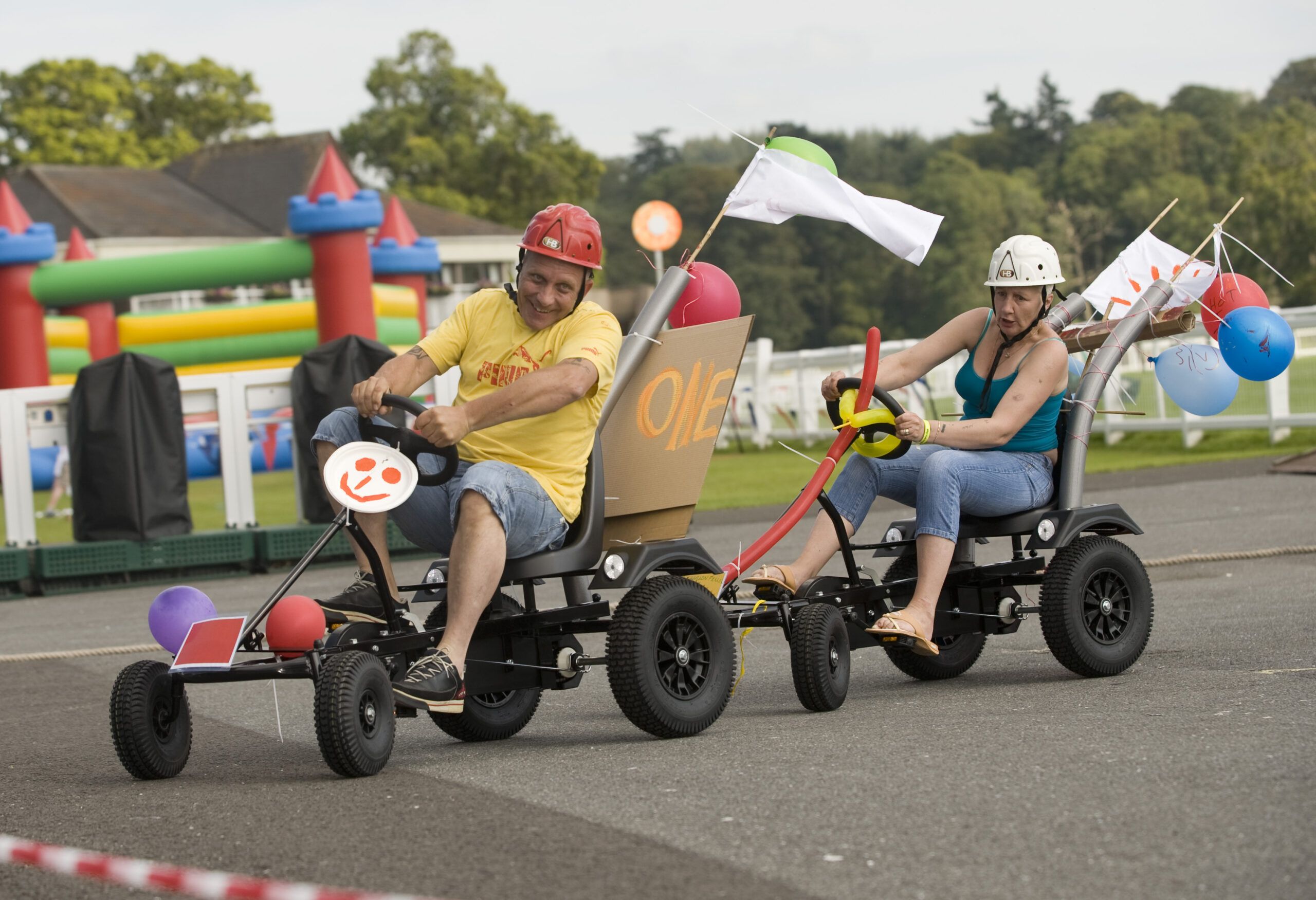
Featured
How to Build Trust in a Team
09/04/2025
The latest events news and opinions from Team Maximillion.

09/04/2025












Ready to create your event or just want to find out more? Either way, we’re waiting to hear from you.
"*" indicates required fields
Notifications